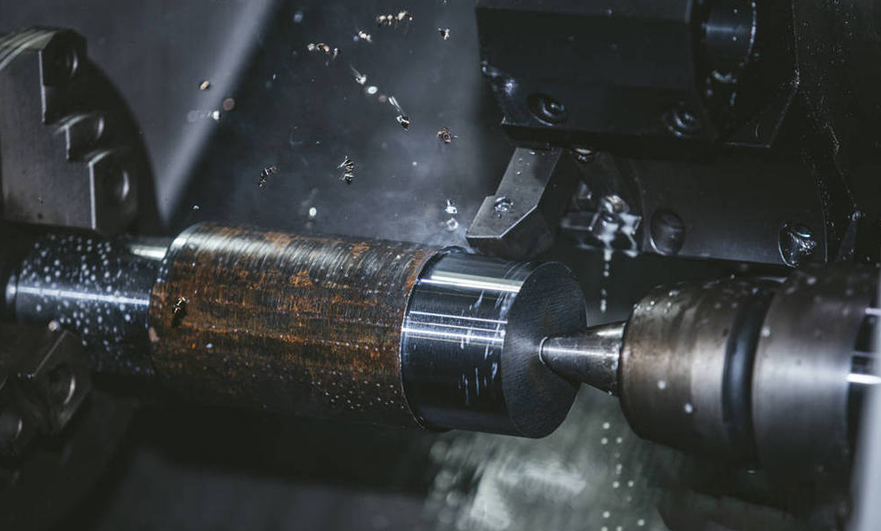-
 Call Now ! 0086-13390692151
Call Now ! 0086-13390692151 -
 Email Now sale@kfqizhongji.com
Email Now sale@kfqizhongji.com


Manufacturing companies utilize various machining processes to shape raw or semi-formed materials into products. CNC turning and milling are two most frequently employed manufacturing techniques. As the desired shape is achieved through the removal of material, it is also known as subtraction machining. But how many do you know about their difference? Including how they work, what tools they use, the most suitable applications, etc.
WHAT IS CNC TURNING

CNC Turning refers to a processing method that utilizes computerized controls to rotate a workpiece while cutting tools remove material to achieve the desired shape. It’s highly precise and efficient method of manufacturing components with complex geometries, such as cylinders, cones, and threads.
Difference in Function mechanism:
For CNC turning process, feed motion is derived by moving the cutting tool (tool carriage). The cutting tool remains stationary and moves along the workpiece to remove material, forming a cylindrical or contoured shape.
While in milling, the feed motion is derived by moving the workpiece (worktable.) And the rotating multi-point tool moves over the workpiece in various directions (X, Y, and Z axes).
Difference in Operation & Tools:
Turning process utilizes a single point cutting tool, called SPTT (Single Point Turning Tool). For example, blade or drill. On the contrary, Milling process utilize multi-point cutting tool, called milling cutter. Including end mill, face mill and drill.
Difference in Shapes produced:
In turning, cylindrical and conical surface will be generated. CNC mill is performed primarily to generate a flat surface, including the symmetrical and non-symmetrical shapes.
Difference in Materials & Application:
Milling is more suitable for complex geometry. So if your project has more complex geometry than CNC turning can accommodate, you may want to consider CNC milling instead. Milling can produce an endless variety of shapes, and like CNC turning, can meet extremely tight tolerances.
KUNFENG STEEL offers rapid prototyping and precision machining services around the world. Whether you need a custom prototype, or machining semi-formed materials, our service is second to none. Learn more information please visit www.kfgsteel.com.